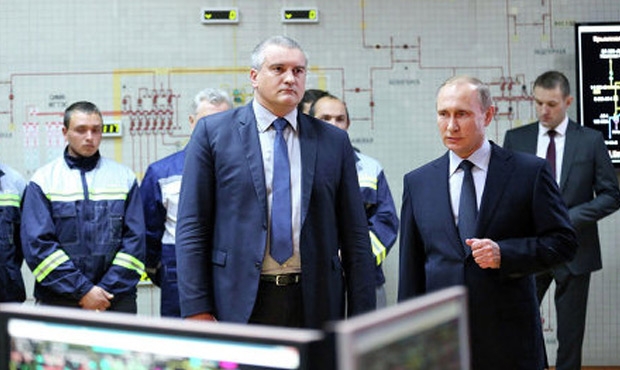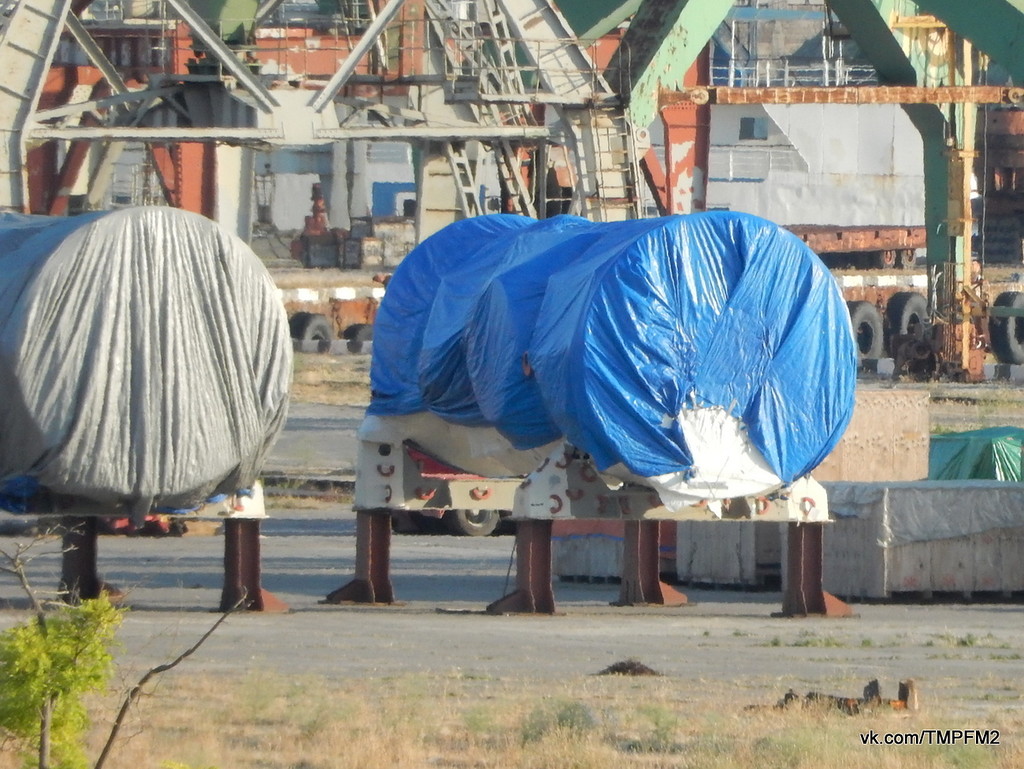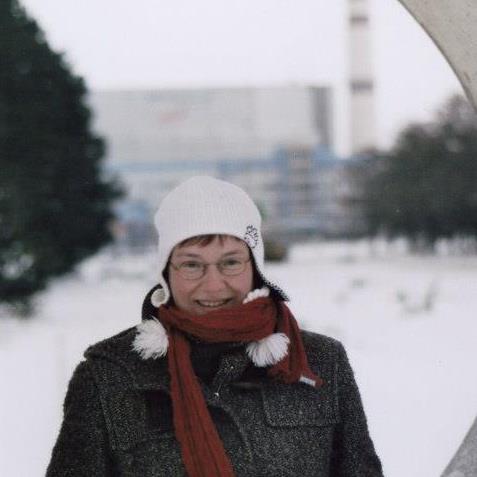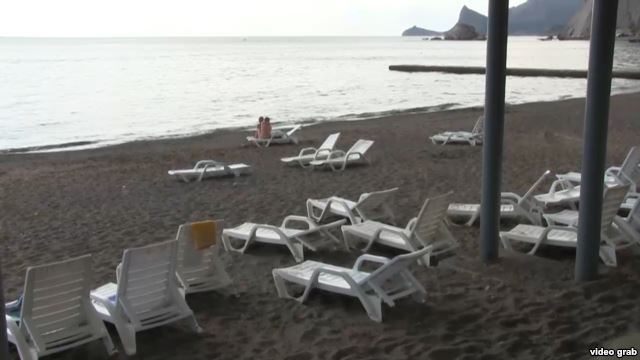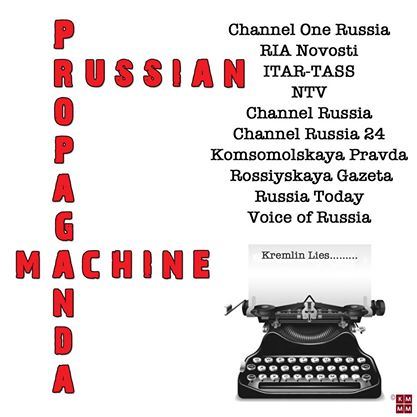Yevgeny Satanovsky, president of the Moscow Near East Institute says that Ukraine and Türkiye have created some problems for Russian-occupied Crimea but that “the main fault lies on the Crimean [Occupation – Ed.] Administration itself” which for 18 months has “only lied, stolen and failed to act.”
While his attacks on the Crimean Tatar Mejlis, Ukraine and Türkiye are completely consistent with the Kremlin’s line – he says, for example that “Dzhemilyev and Chubarov are not Crimean Tatars but absolutely pro-Turkish politicians” – his criticism of the occupation authorities in Crimea is anything but.
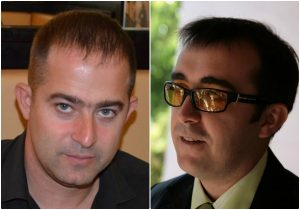
Satanovsky says that the Russian authorities in Crimea suffer from “a serious case of idiotism.” It isn’t Türkiye that is guilty of the fact that “nothing has been done about water and electricity” on the peninsula. Rather, it is the Crimean leadership itself which has done nothing but “lie, steal and fail to act.” [Satanovsky “forgets” to mention that Putin personally appointed the top people of his occupation regime in Crimea and frequently visits the peninsula to meet with them and calm the increasing popular discontent. His last visit was just two weeks ago. – Ed.]
He says that the bureaucrats in this administration “do not understand that the Ukrainian period in Crimea is already finished, that they are now Russians, and that they must live and work according to Russian laws.” [Naively, Satanovsky makes an implicit assumption that laws matter in the Russian Federation under the Putin regime. Just as Putin is not concerned with international laws, his regional governors are not concerned with Russia’s internal laws, as their performance is judged by Putin on completely different criteria. – Ed.]

Turkish agents “are not alone in being behind diversionary actions,” Satanovsky says. So too are “Crimean bureaucrats.” Their approach to land tenure arrangements, for example, suggests that they see enemies everywhere;” and that just makes the situation worse. [Tellingly, Satanovsky offers no evidence of the existence or activity of these supposed “Turkish agents,” but the results actions of Putin’s officials in Crimea are there for everyone to inspect. It is possible that the continued arrests and abductions of Crimean Tatar men by the FSB secret police serve to execute a plan to fabricate charges of a “Turkish connection” against the Crimean Tatar community. – Ed.]
The Moscow commentator’s words are important because they suggest that many in the Russian capital now view the occupation regime in Crimea itself as a problem that must be addressed possibly by a purge of existing cadres. Taking such a step, however, might call into question the popularity of the “Crimea is Ours” view. [Therefore, it is more likely that a “Turkish connection” plot against Crimean Tatars will be fabricated to redirect the increasing wide popular discontent with the dire economic situation in the peninsula created by the Russian occupation. – Ed.]
But Satanovsky’s comments also suggest that at least some in the Russian elite are beginning to recognize that the occupation of Crimea has involved far more costs than they anticipated or want – and that in the future, they must be prepared to double up or quit lest the situation on the Ukrainian peninsula deteriorate further.

